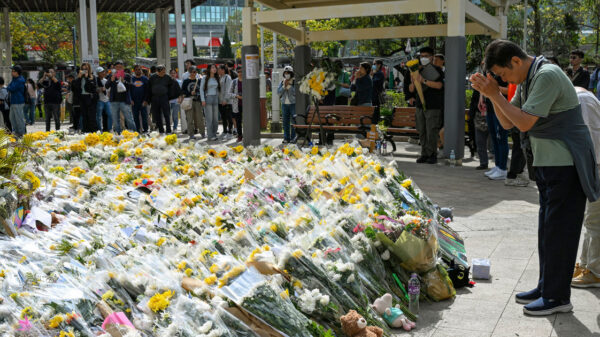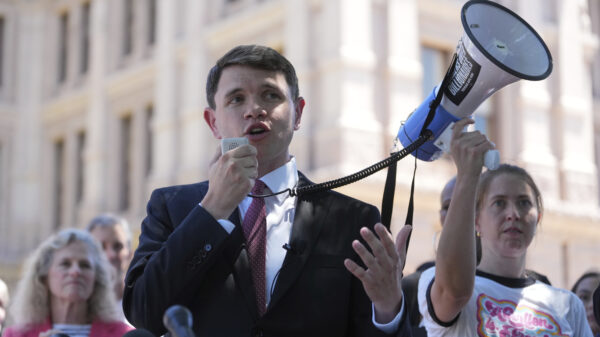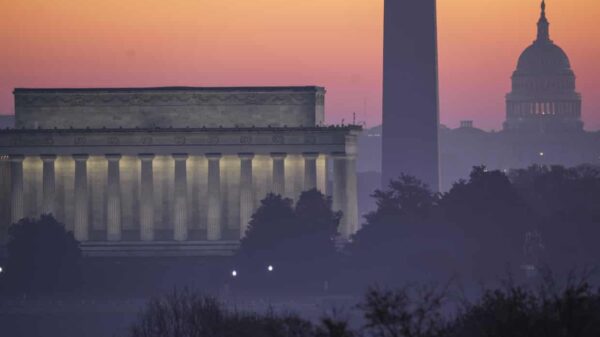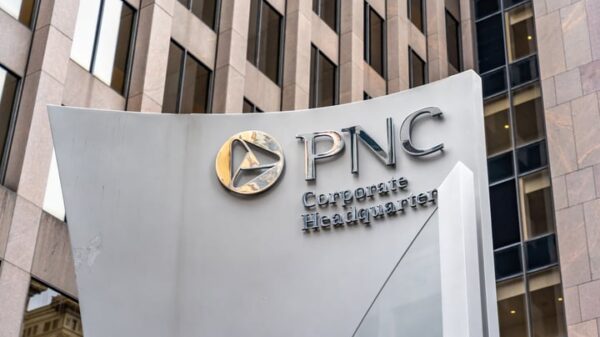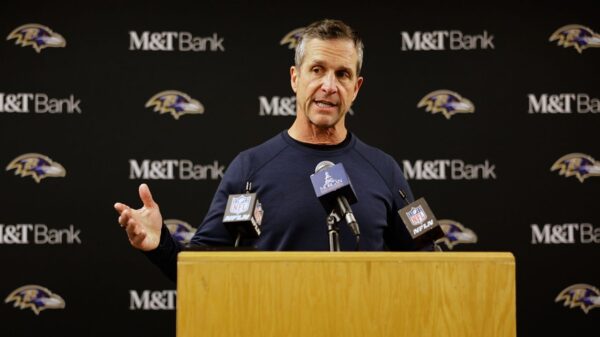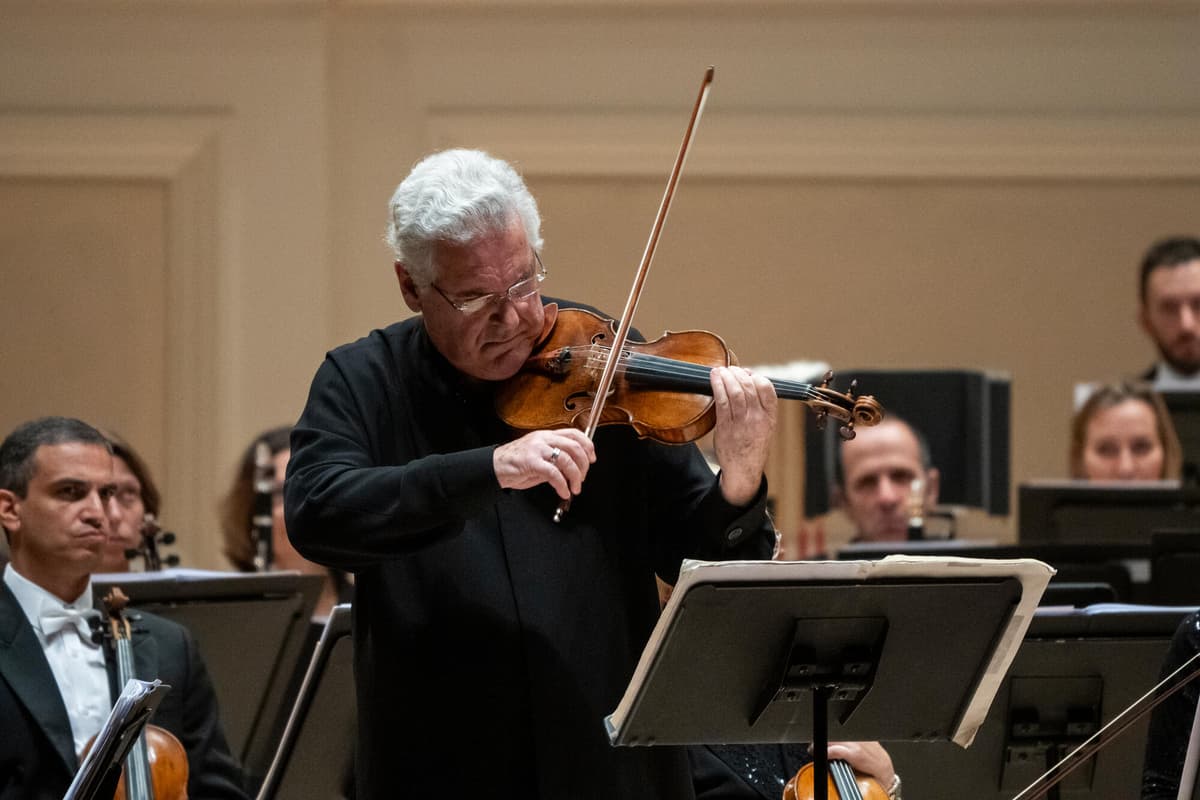The Israel Philharmonic Orchestra performed at Carnegie Hall on March 15, 2024, celebrating a significant moment for Israel following the return of 20 hostages from Hamas. The concert, held in New York City, featured a program that avoided political themes but resonated with a sense of hope and resilience.
Founded in 1936, the Israel Philharmonic aims to provide a cultural refuge for Jewish musicians fleeing Europe. Its inaugural performances, led by the renowned conductor Arturo Toscanini, featured works by Richard Wagner, though Wagner’s music has since been excluded due to historical associations. The evening’s repertoire included Sergei Prokofiev’s “Overture on Hebrew Themes,” a violin concerto by Paul Ben-Haim, and Pyotr Tchaikovsky’s “Symphony No. 4 in F Minor.”
The “Overture on Hebrew Themes” was conceived as a collaboration between Prokofiev and a group of Jewish musicians known as Zimro, who sought to establish a “Temple of Jewish Art” in Israel. While that vision did not come to fruition, the overture remains a poignant expression of Jewish cultural identity, blending klezmer motifs with the rhythms of prayer. Prokofiev, who fled the Soviet Union in 1917, later found refuge in New York City, where he continued to compose.
The concert featured the virtuoso violinist Pinchas Zukerman performing Ben-Haim’s concerto. Originally born Paul Frankenberger in Munich, Ben-Haim was awarded the Israel Prize in 1957. His work has been celebrated for its universal appeal, with Leonard Bernstein once stating that it is “undoubtedly Israeli.” The concerto’s second movement reflects Ben-Haim’s roots, drawing on the rich traditions of Mizrahi music, influenced by the histories of Jewish communities in Spain, Syria, Iraq, and Yemen.
Zukerman’s performance brought a dignified elegance to the concerto, contrasting with the dynamic energy of the orchestra’s music director, Lahav Shani. Shani, a prodigy soon to become the chief conductor of the Munich Philharmonic, infused the performance with kinetic energy, particularly during a moving duet with Zukerman that featured a lullaby from the latter’s childhood.
The concert’s highlight was Tchaikovsky’s “Symphony No. 4,” known for its dramatic and tumultuous nature. Tchaikovsky described the symphony’s initial notes as embodying the “fatal force” that disrupts humanity’s quest for happiness. His life, marked by personal struggles alongside artistic triumphs in works like “Swan Lake” and “The Nutcracker,” resonates deeply within the symphony’s themes.
Bronislaw Huberman, the founder of the Israel Philharmonic, envisioned uniting the aspirations of a nation with the talents of Jewish musicians. In a contemporary context, being an Israeli artist carries significant weight in a world where cultural boycotts and hostility toward the Jewish state persist. The orchestra’s commitment to celebrating civilization through music underscores the importance of cultural expression amidst adversity.
This concert at Carnegie Hall was not only a celebration of music but also a reflection of resilience and hope for the future of Israel and its artists.







